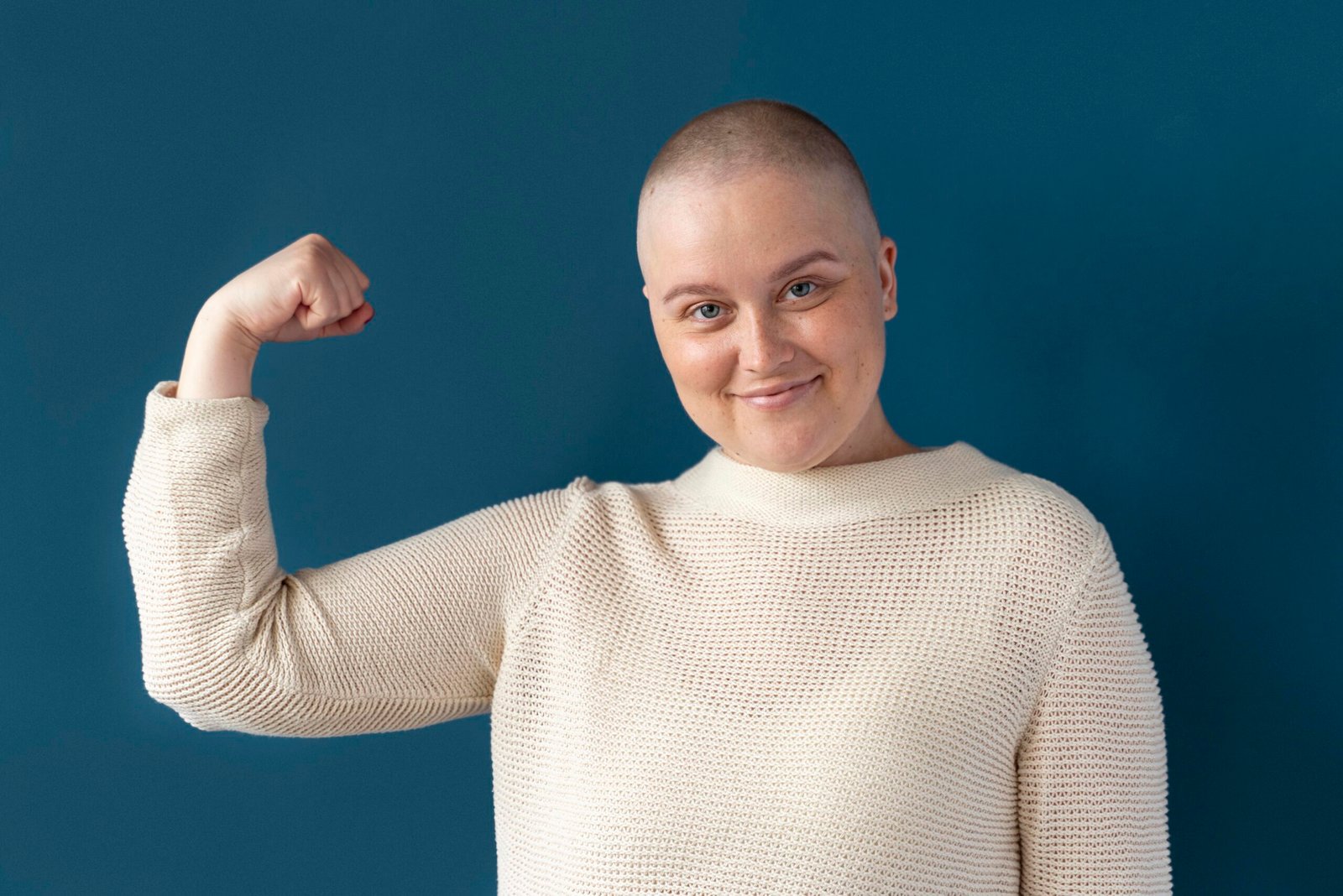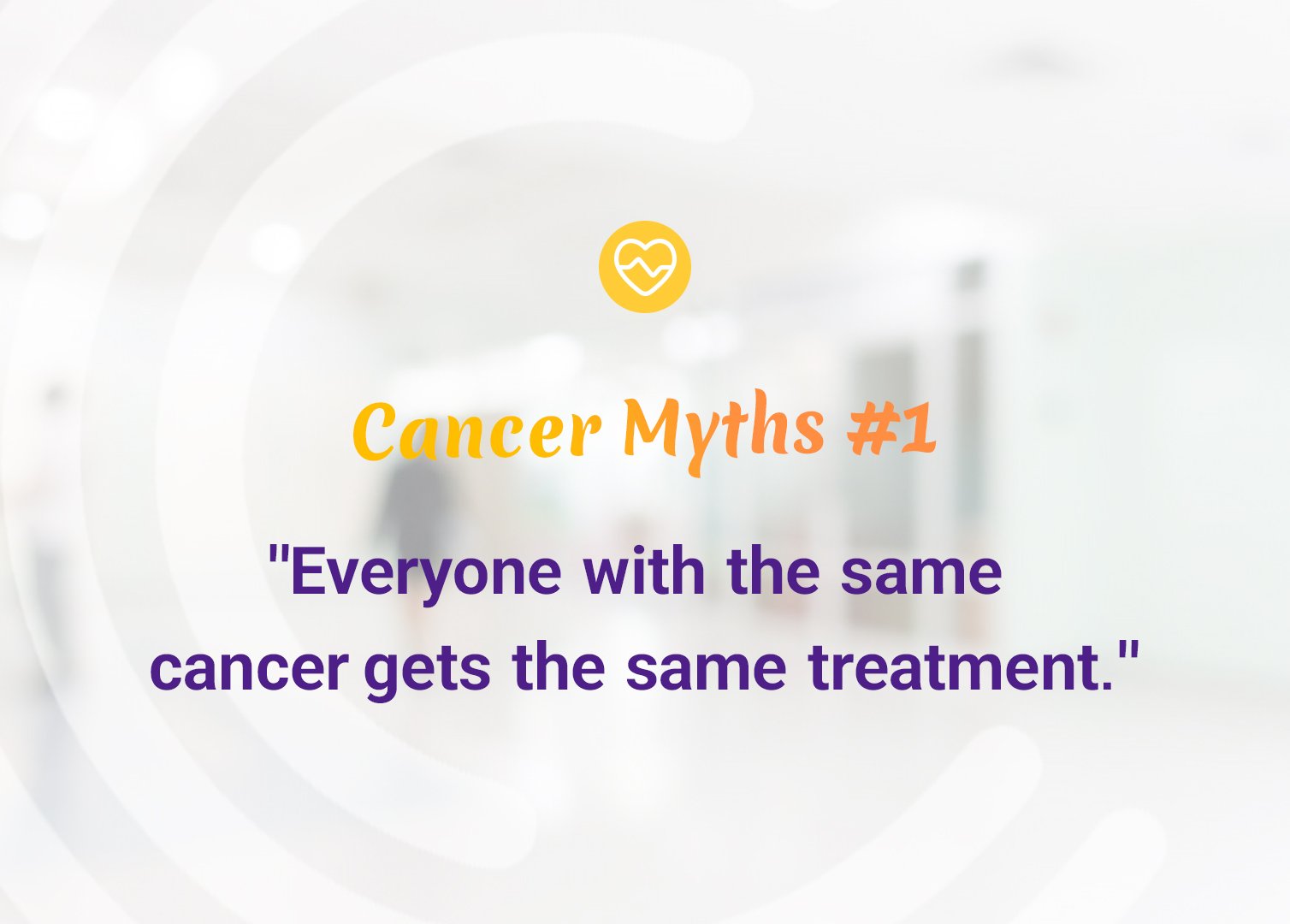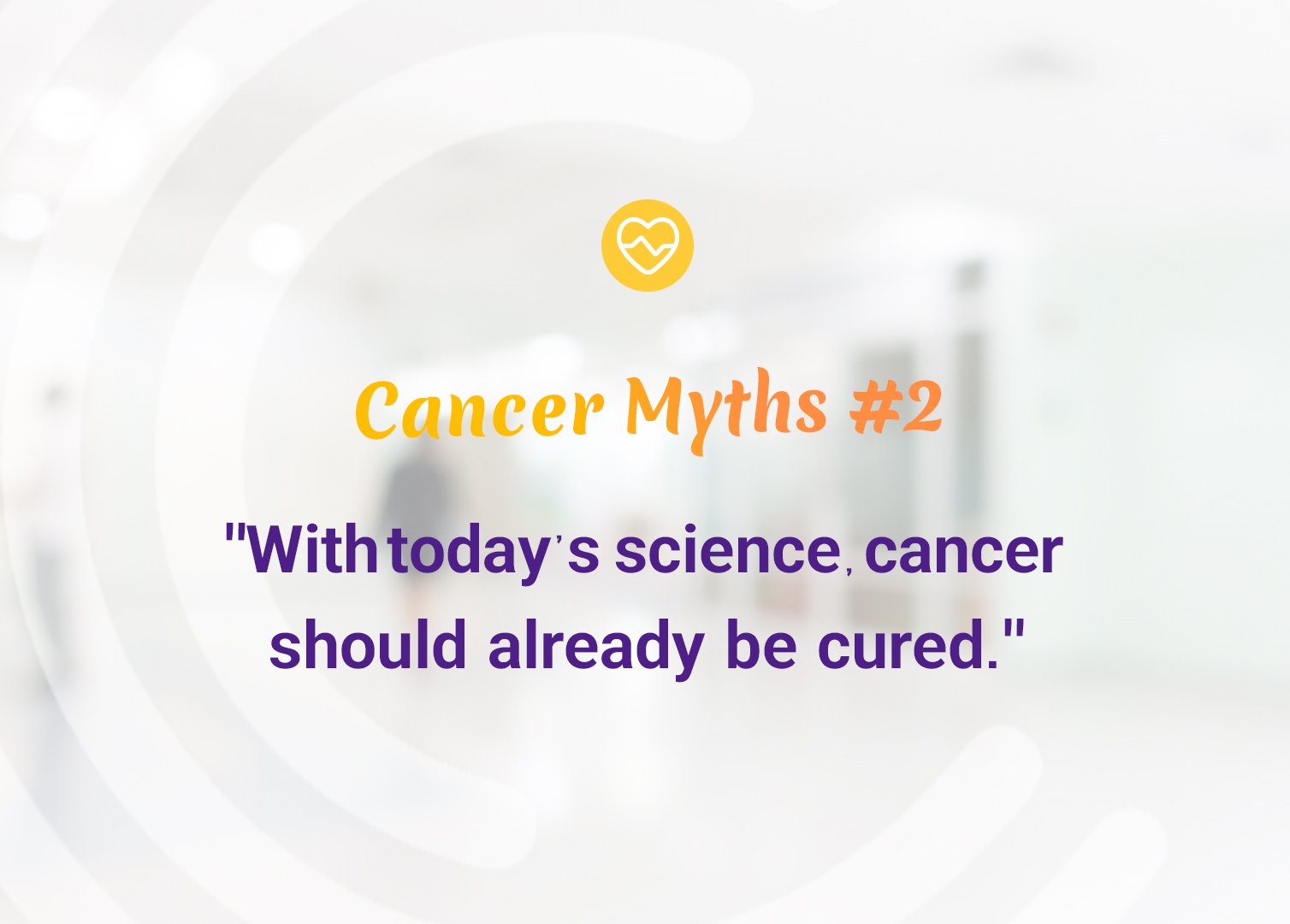How Cancer Treatments Are Getting Smarter
Learn how targeted therapy and immunotherapy are revolutionizing cancer treatment by using precision medicine and the body’s immune system to fight cancer.
Introduction:
Cancer treatment is no longer one-size-fits-all. Two modern approaches, targeted therapy and immunotherapy, are changing the way we treat cancer.
Instead of just attacking cancer with chemotherapy or radiation, these therapies use deep biological insights to fight cancer more precisely and more powerfully.
What is Targeted Therapy?
Targeted therapy is a type of treatment that uses drugs or other substances to specifically target the cancer cells’ genes or proteins, the features that help them grow or survive.
Key Points:
- Targets specific mutations in cancer cells (like HER2 in breast cancer or EGFR in lung cancer)
- Spares healthy cells more than traditional chemotherapy
- Often taken as oral medications or injections
- Examples include tyrosine kinase inhibitors (TKIs) and monoclonal antibodies
What is Immunotherapy?
Immunotherapy boosts the body’s own immune system to help it recognize and destroy cancer cells.
How it works:
- “Wakes up” the immune system, which often doesn’t recognize cancer as a threat
- Uses checkpoint inhibitors to block proteins like PD-1 or CTLA-4 that cancer uses to hide
- Can offer long-lasting protection, even after treatment ends
Approved uses:
- Melanoma
- Non-small cell lung cancer (NSCLC)
- Kidney, bladder, head and neck, and more
Example: Pembrolizumab (Keytruda) is used in many cancers with PD-L1 expression.
Key Differences Between Targeted Therapy and Immunotherapy
| Feature | Targeted Therapy | Immunotherapy |
| How it works | Targets specific genes/proteins in cancer | Boosts the immune system |
| Type of treatment | Small molecules or antibodies | Checkpoint inhibitors, T-cell therapy |
| Response pattern | Often fast-acting | May take longer, but more durable |
| Biomarker needed? | Yes (e.g., EGFR, HER2) | Often yes (e.g., PD-L1, MSI-H) |
Are These Treatments Right for Everyone?
Not all patients benefit from these treatments.
Doctors often perform biomarker testing to check if a person’s tumor has the features these drugs target.
Factors that influence treatment choice include:
- Cancer type
- Genetic mutations
- Immune system profile
- Overall health and treatment history
The Future: Combining the Two
Some of the most promising studies explore combining targeted therapy with immunotherapy. For example:
- Lung cancer patients with specific mutations may benefit from both EGFR inhibitors and checkpoint inhibitors
- Research is ongoing in renal cell carcinoma, melanoma, and more










